Explore our range of treatments
RTHM Direct provides prescriptions for hard-to-find medications for Long COVID, ME/CFS, POTS, and MCAS.

Headaches, Air Hunger, Chest Pain, Palpitations, Sleep, Dizziness, Orthostatic Intolerance, Exercise Intolerance, Sweating
LDN modulates the immune system and reduces chronic inflammation, which may alleviate symptoms like fatigue, pain, and brain fog.
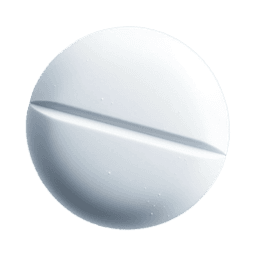
Long COVID Prevention, Acute COVID
Studies show metformin may reduce the risk of developing Long COVID.
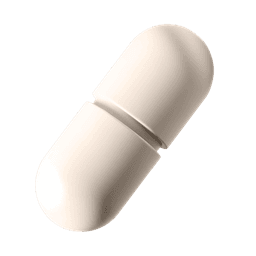
Fatigue, Post-Exertional Malaise, Brain Fog, Neuroinflammation
Oxaloacetate is a naturally occurring metabolite in the body that plays a crucial role in energy production in mitochondria (powerhouses of our cells), which a study found to be low in ME/CFS patients.
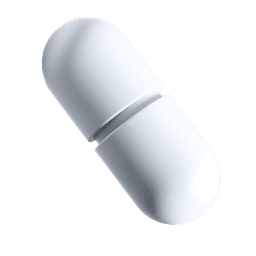
Shortness of Breath, Headaches, Cough, Allergic Reactions, Flushing, Swelling
By stabilizing mast cells, ketotifen helps reduce allergic-type reactions, providing relief to those with hypersensitivity issues.
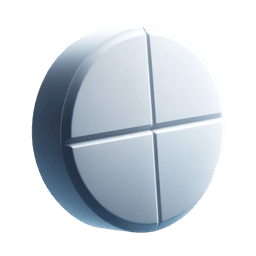
Fatigue, PEM, Brain Fog, Palpitations, Muscle Pain, Orthostatic Intolerance, Exercise Intolerance, Sweating
Pyridostigmine improves autonomic function, particularly in patients experiencing dysautonomia.
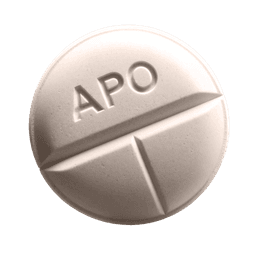
PEM, Shortness of Breath, Headaches, Chest Pain, Palpitations, Sleep, Dizziness, Orthostatic Intolerance
A beta-blocker that helps manage symptoms related to dysautonomia, such as elevated heart rate and anxiety.
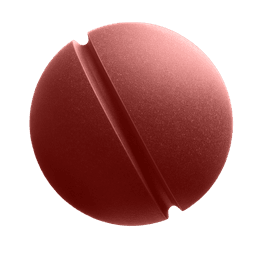
Orthostatic Intolerance, Dizziness
By constricting blood vessels and increasing blood pressure, midodrine reduces dizziness and improves daily functioning.
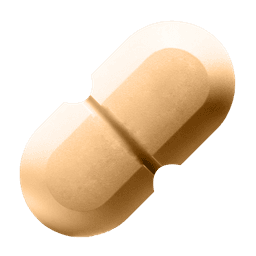
PEM, Shortness of Breath, Palpitations, Chest Pain, Dizziness, Exercise Intolerance
Lowers heart rate without affecting blood pressure, making it ideal for patients with autonomic issues like postural orthostatic tachycardia syndrome (POTS).

Brain Fog, Memory, Cognitive Clarity
By regulating norepinephrine levels in the brain, guanfacine helps with attention, memory, and cognitive clarity.
Don't know
where to start?
We can help! Our treatment discovery tool takes in your symptoms and their severity levels and provides a tailored list of medications that may support your journey back to health.
Get personalized suggestions based on your specific symptoms and conditions and save time sifting through countless research papers.